The River and Coastal Ecology (RACE) team aims understanding the functioning of aquatic ecosystems, through the development of fundamental and applied research. The group is also highly committed to increase the awareness of the general public, policy makers and environmental managers on the importance of biodiversity and its role on the functioning of ecosystems and their services.
Research lines:
• Understanding the impact of anthropogenic activities on estuarine and freshwater ecosystems. This has relevance to species conservation and in evaluating their response to environmental stressors.
• How different ecosystems (e.g. terrestrial, river and sea) connect with the estuaries, and how the connectivity strength of each neighboring ecosystem affects the energy flow through estuaries.
• Studying the mechanisms that allow some exotic species to might change the functioning of ecosystems, and how these species might change the services provided by estuaries that benefit human’s activities.
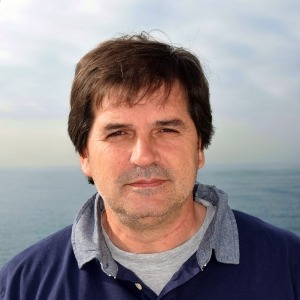

Carlos Antunes graduated in Ciências do Meio Aquático, obtained his PhD degree in 1995 by University of Porto and is the Team Leader of Rivers and Costal Ecology. He is director of Aquamuseu do Rio Minho and his main research interest focus on estuarine and limnological ecology, fisheries biology and management, and science communication.
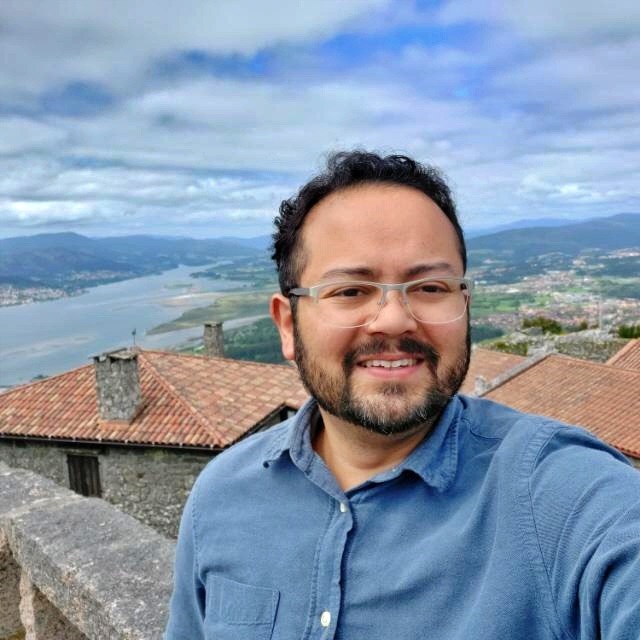

Biologist and PhD Researcher in Aquatic and Environmental Sciences, highliting on Taxonomy, Systematics, Ecology, Environmental Education, Science Communication, Ocean Literacy. He has experience in several biological groups, with emphasis on invertebrates – for example polychaetes, echinoderms, mollusks, crustaceans – associated with aquatic bioengineering organisms, such as algae. He has a background in museology, scientific curation of collections, including fixation and conservation of specimens. Scientific Collections Editor at GBIF (Global Biodiversity Information Facility). He is a researcher at CIIMAR/U.Porto, and provides research support at the Aquamuseu do Rio Minho, with partnerships in Brazil and Spain. Associate member of the Systematics Association/UK
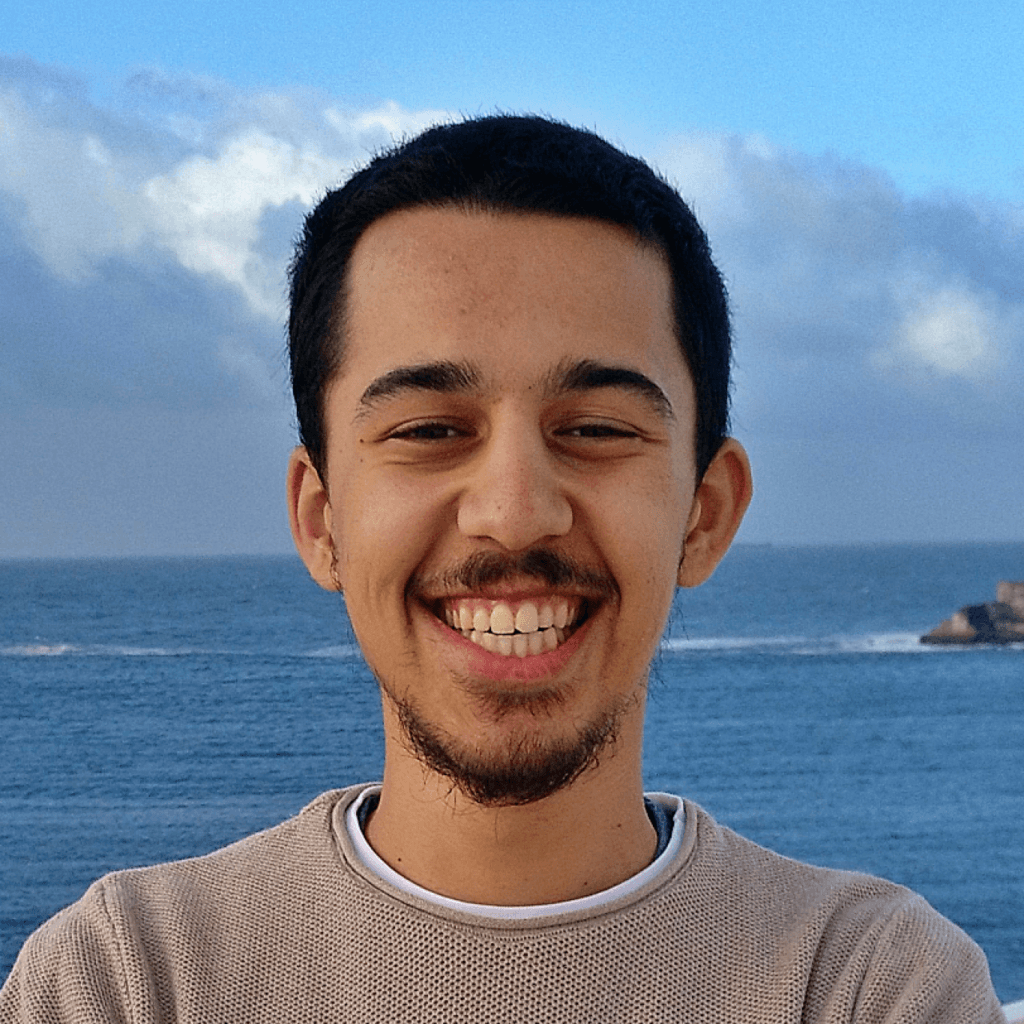

I’m a master’s student in Biodiversity, Genetics and Evolution at Research Center for Biodiversity and Genetic Resources (CIBIO). I am currently interning at the Museum of Natural History of the Iberian Peninsula (NatMIP), integrated with the group of Rivers and Coastal Ecology (RACE) from CIIMAR, focusing on discovering the Iberian coastal fauna through integrative taxonomy. During my bachelor, I participated in the Blue Young Talent (BYT) undergraduate program, working on the ecology of the diadromous fish Allis shad on the Minho River. I am a co-author of 2 index publications and a book.
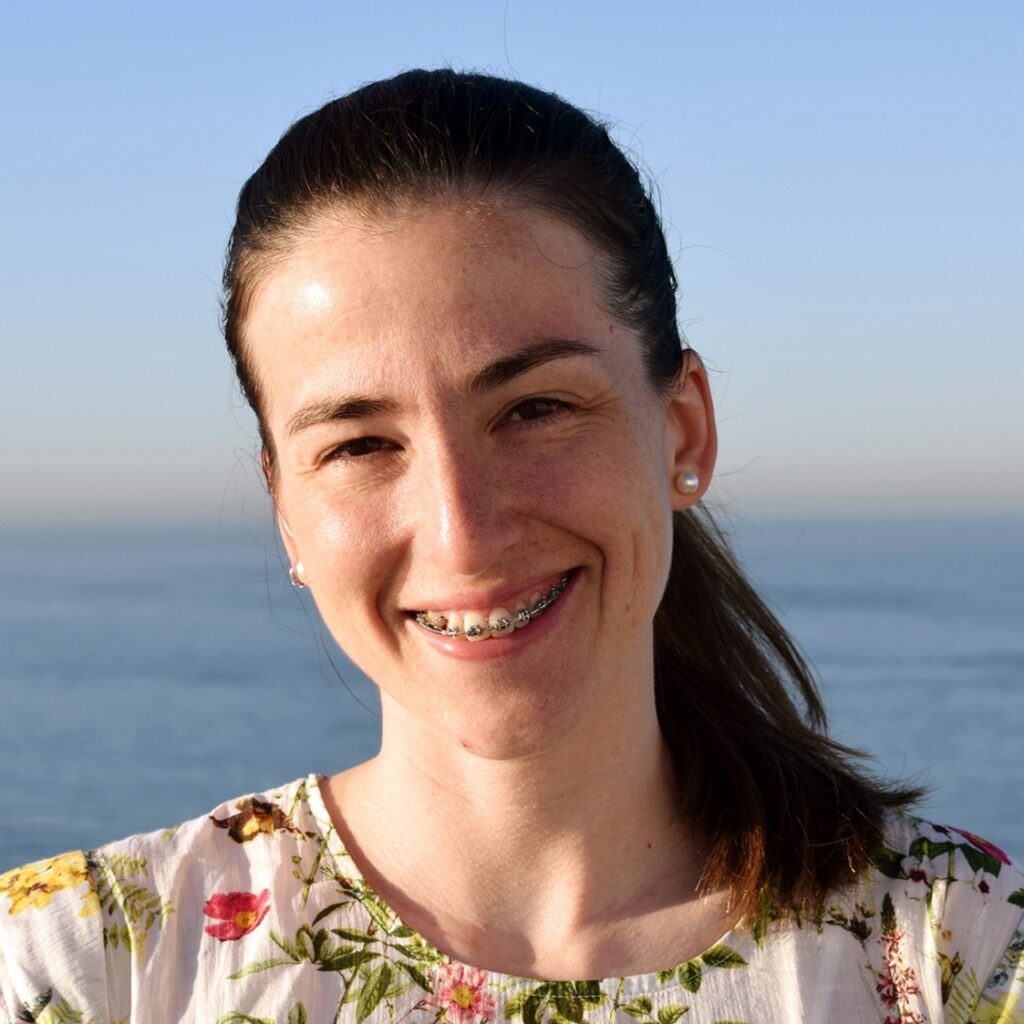

Ester Dias is a Biologist and holds a M.Sc. in Applied Ecology (2007) and a Ph.D. in Environmental and Marine Sciences (2014), completed at the University of Porto. She is currently a post-doc researcher at CIIMAR were she is studying the life history plasticity of diadromous species. Her research interests also include estuarine ecology and biological invasions, and the use of ecological tracers (e.g. stable isotopes) to characterize food webs and fish movements.
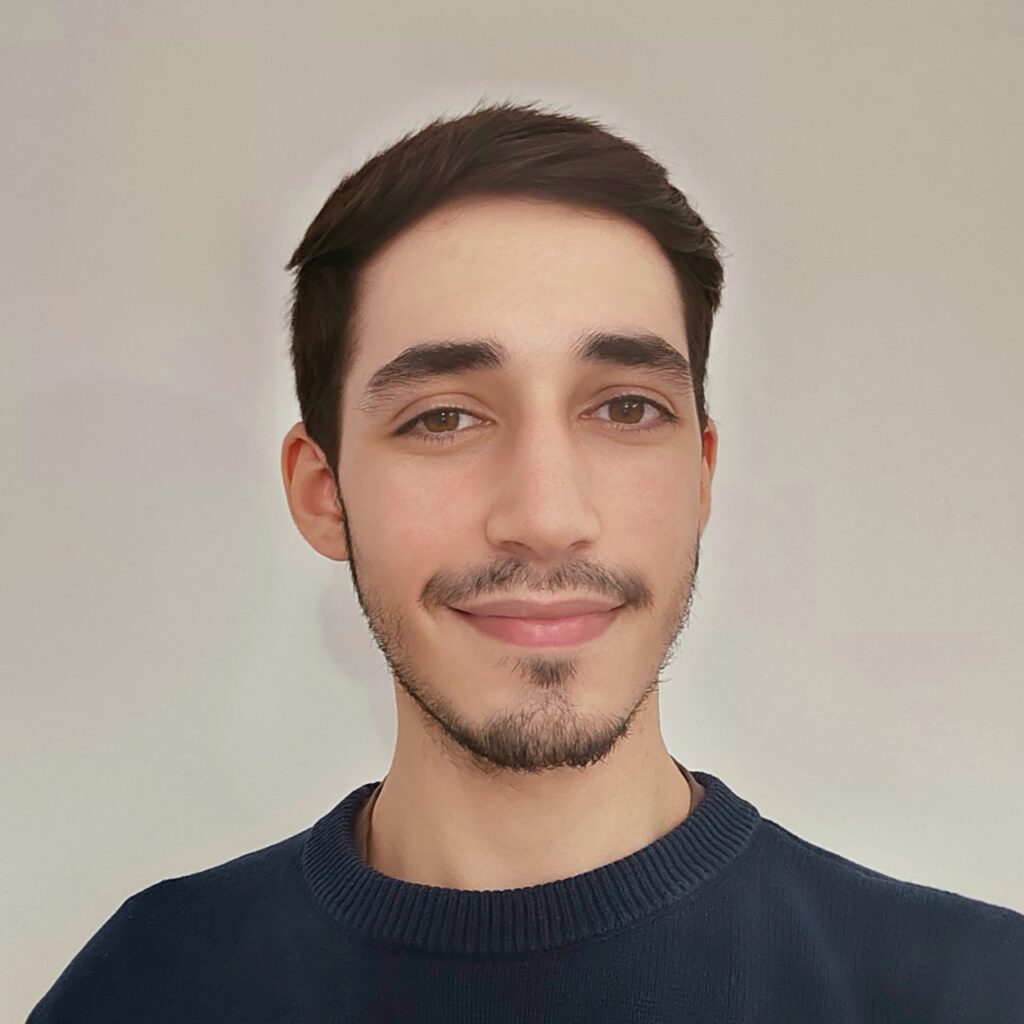

João Almeida graduated in Biology at the University of Porto (Portugal, 2021). Now he is a student of masters degree in Aquatic biological resources at the University of Porto (Portugal), developing his thesis at CIIMAR, using as well, the facilities of Aquamuseu do Rio Minho, Vila Nova de Cerveira (Portugal) as support for the laboratory techniques and sampling in situ. Partnership with Instituto de Ciências Biomédicas Abel Salazar (ICBAS, Portugal) for support in laboratory techniques.
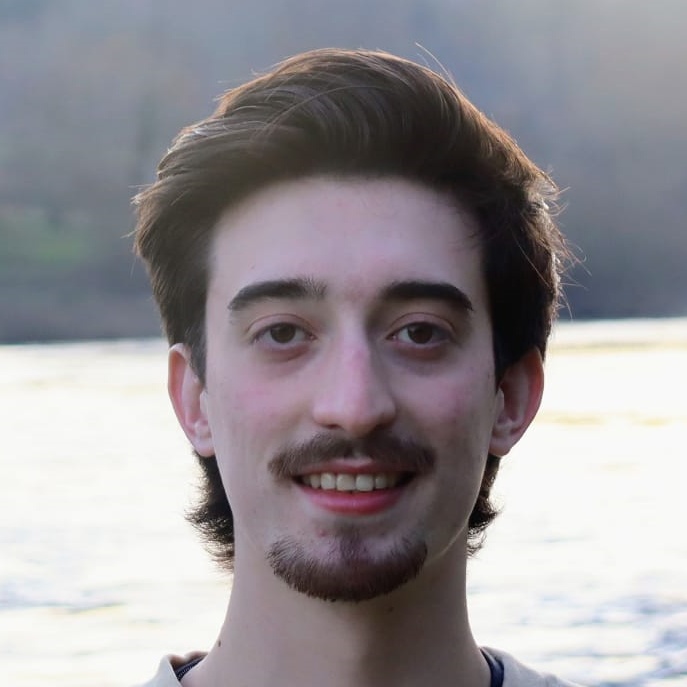

Luís Pereira is a student in the Master’s program of Applied Marine Biology at the University of Aveiro. His focus lies in the ecology, conservation, monitoring, and assessment of fish populations, particularly diadromous fish. Currently, he is working on his dissertation with the theme “Biology and ecology of diadromous fishes in the Rio Lima estuary.” Since 2020, he has been involved in projects at the Aquamuseu do Rio Minho and at the Department of Biology of the University of Aveiro (DBio). He is the author of an indexed publication and a book.
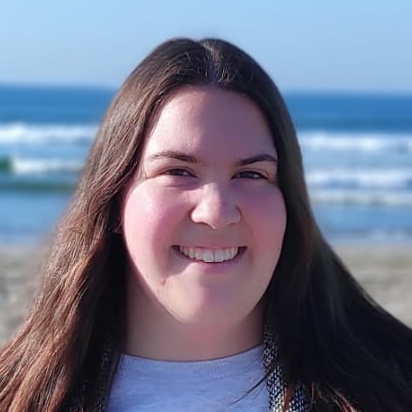

Graduated in Aquatic Science and master’s student in Marine Sciences – Marine Resources at the University of Porto. Is currently developing a dissertation on the topic “Fatores ambientais na variação da epifauna bêntica no estuário do rio Minho ”. The main interests are ecology, conservation and monitoring of fish populations.
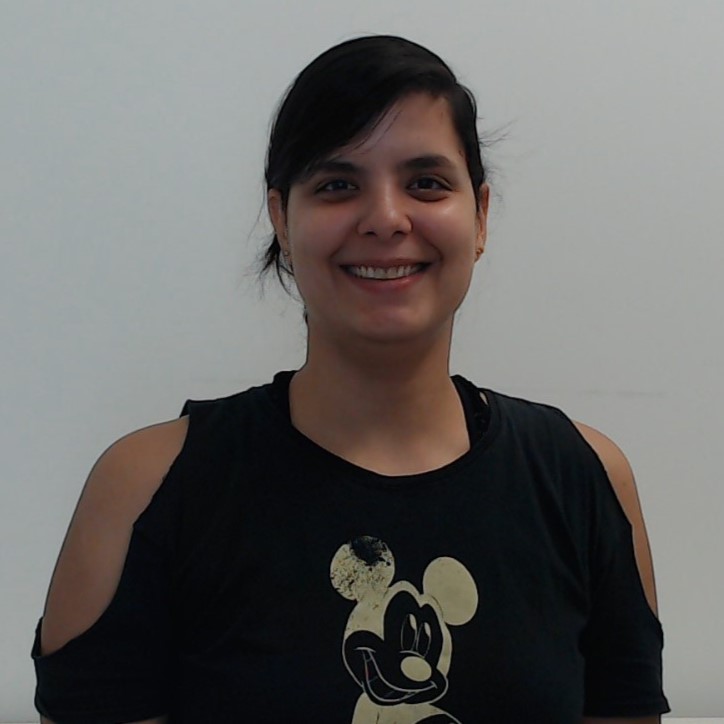

Natália Salgueiro Freire is a master’s student in Marine Sciences – Marine Resources at the Institute of Biomedical Sciences Abel Salazar (ICBAS) in Portugal. She graduated in Biology from the Federal Institute of Maranhão (IFMA) in Brazil, where she worked as an academic monitor, assisting teachers with laboratory activities and helping to clarify students’ questions.
In the field of research, Natália participated in two Scientific Initiation projects (PIBIC): Environmental Perception of Students in the Biology Degree Program at the Federal Institute of Maranhão – São Luís/Monte Castelo Campus and Formulation of the Neurophysical Model of Computational Simulation of the Connection Networks of the Orbitofrontal Cortex. She also joined an extension project entitled Sexuality, Early Pregnancy, and STIs. In 2024, she participated in the Jornadas do Mar, a significant event in the field of Marine Sciences.

Pedro Morais is a Marine Biologist and holds a Ph.D. in Population Ecology (2008), both completed at the University of Algarve. His research interest embraces estuarine ecology, biological invasions, and fish migration. Pedro is the editor and author of “An introduction to fish migration” (CRC Press).
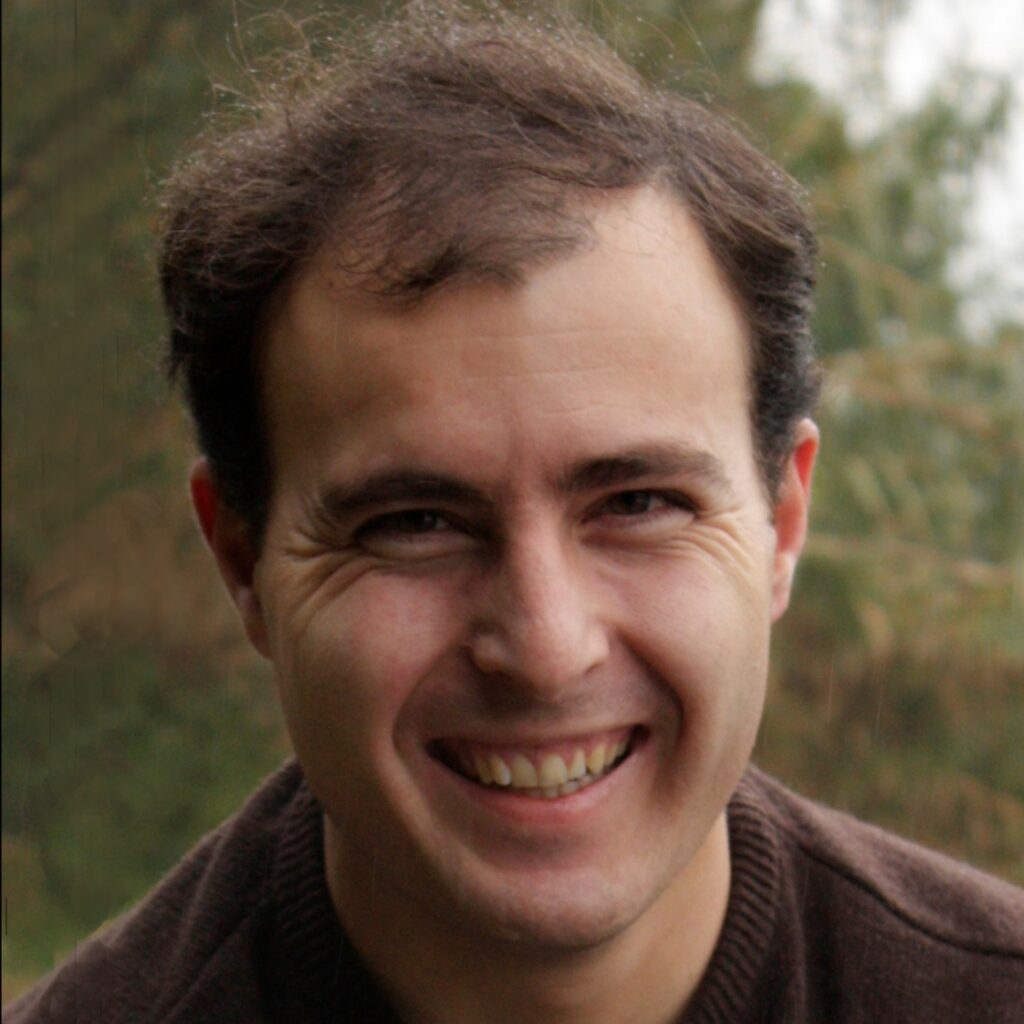

Ronaldo Sousa has broad interests in aquatic conservation combining empirical and theoretical approaches. Research topics include biological invasions, biodiversity and ecosystem functioning, ecosystem engineering, impacts of extreme climatic events and applied conservation mainly using invertebrates as surrogate species. R Sousa received a PhD from the University of Porto (Portugal) in 2008 and was a post-doctoral fellow at the University of Cambridge (UK) and CIIMAR (Portugal) between 2008 and 2009. Since September 2009 he is a Professor at the University of Minho (Portugal) with the exception of September 2013 to September 2014 when he was a FCT Investigator at CIIMAR (Portugal). R Sousa published more than 80 papers (26 as first author) in international peer review journals (including on TREE, Biological Reviews and Fish and Fisheries).
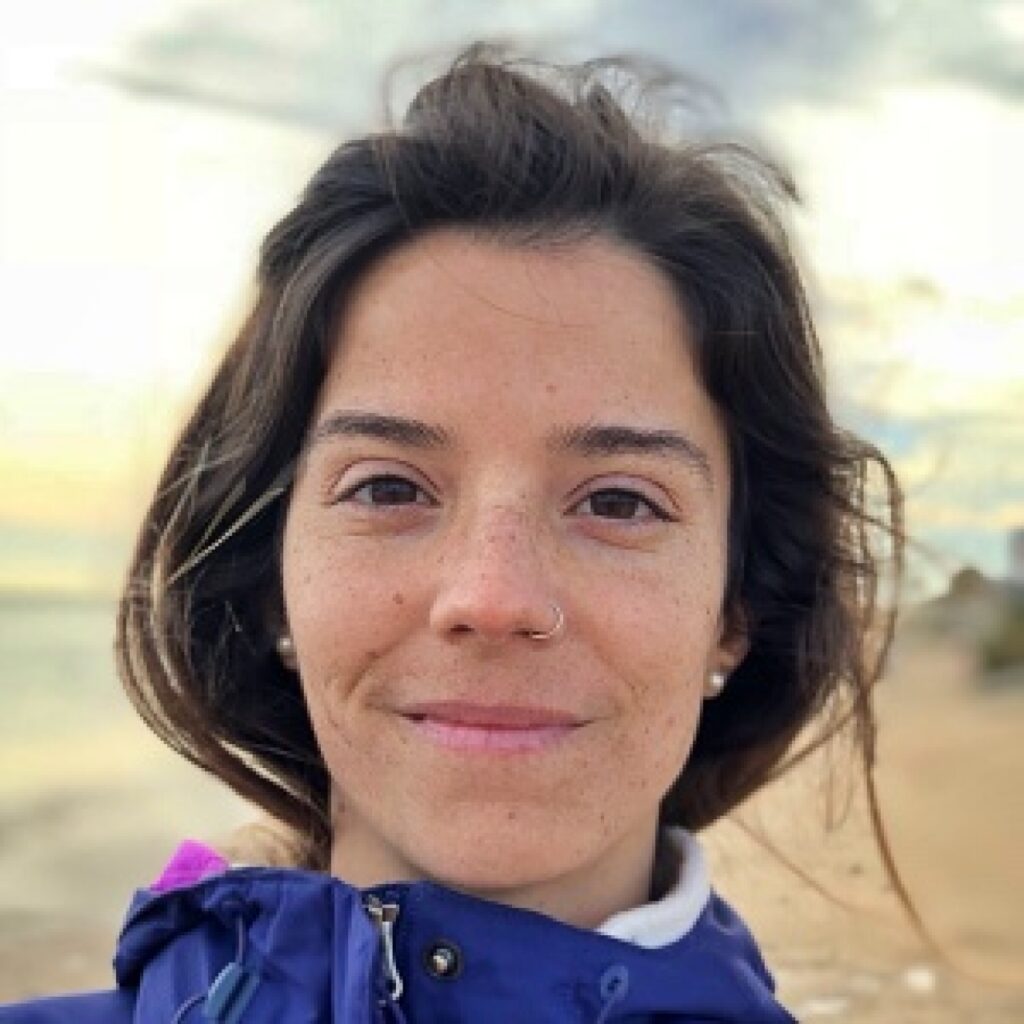

Sofia holds an MSc in Marine and Coastal Systems and is a PhD candidate in Marine and Environmental Sciences at CCMAR University of Algarve. Her work, in collaboration with Ciimar and IPMA, consists of evaluating aspects of the biology, ecology and conservation of deep-water chondrichthyes and the possible interferences of bottom-trawl activities on their survival and condition. She is the scientific coordinator of the project entitled “The development of Electronic Monitoring and Reporting technology for fisheries in Portugal” funded by EEA grants, and is the project leader of Delasmop entitled “Is it possible for deep-sea sharks and rays to thrive and survive in fishing grounds?” funded by Save our Seas Foundation.
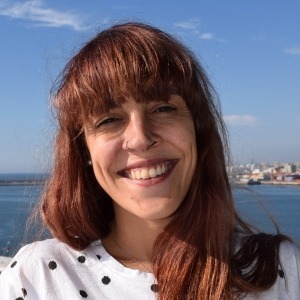

I am a PhD student in the Ecology field and my main interests are the biological invasions and the conservation of freshwater species. The central goal of my PhD project is to understand why and how invasive bivalves negative interacts with the native freshwater mussels.
Souza, A., Dias, E., Antunes, C., Ilarri, M.
2023In press.Dias, E., Morais, P., Antunes, C., Hoffman, J. C.
2023Food Webs, 35.Moura, A., Dias, E., López, R., Antunes, C.
2022Fishes, 7(3), 135.Cantallo, H., Gomes,N., Antunes, C., Martins, D., Costa, D. A.
2022Zootaxa, 5213 No. 4.Ilarri, M., Souza, A. T., Dias, E., Antunes, C.
2022Science of The Total Environment 827: 154190.Martins, I., Ilarri, M., Dias, E., Campuzano, F. J., Pinto, L., Santos, M., Antunes, C.
2019Ecological Indicators 101: 792-803.Website by: Glitz Design